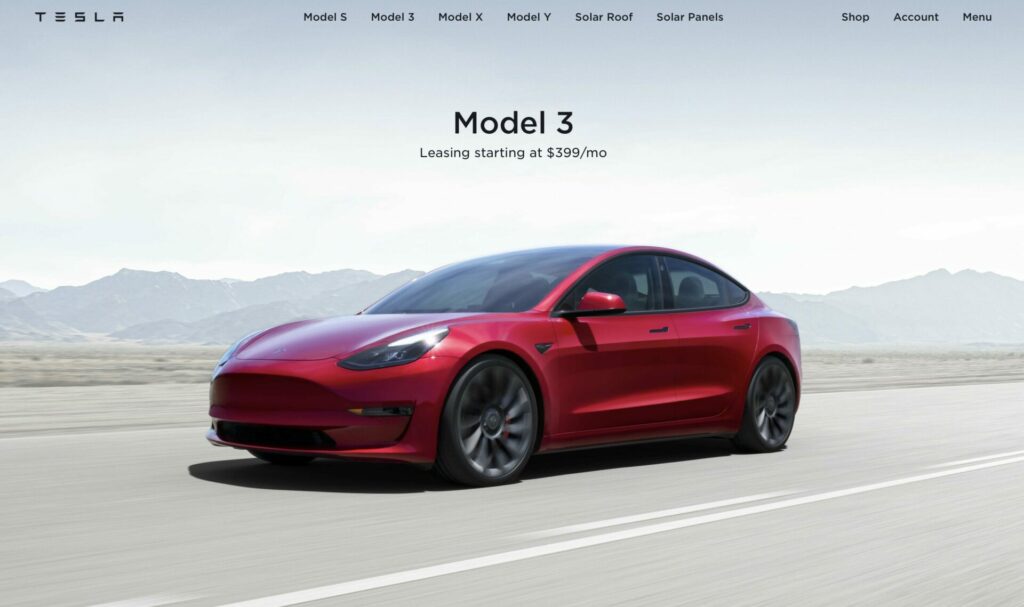
Upcoming Treasury Guidance Expected to Impact EV Tax Credits, Says Official

The U.S. Treasury Department is set to release guidance on battery sourcing requirements for electric vehicle (EV) tax credits by Friday, which may lead to fewer vehicles receiving full or partial credits, according to a U.S. official, reports Reuters.
The Treasury postponed the proposed guidance on battery sourcing rules until March, allowing some EVs that did not meet new requirements to remain eligible in 2023 before the rules are implemented.
Senate Energy Committee chair Joe Manchin criticized the delay, but the Biden administration expects that the tax credit will boost EV sales over time as automakers adapt their supply chains to comply with critical mineral and battery component rules. It remains uncertain when or how many EVs will lose tax credits or experience reductions.
White House adviser John Podesta acknowledged the complexity of the issue at a conference on Tuesday, stating that the guidance will be issued by Friday.
The EV credit mandates that 50% of battery components’ value must be produced or assembled in North America to qualify for $3,750 of the credit, and 40% of the value of critical minerals must be sourced from the U.S. or countries with which it has a free trade agreement. These percentages will increase by 10 points annually.
The guidance must address intricate questions related to classifying minerals and components. On Tuesday, the U.S. and Japan signed a trade deal on EV battery minerals, granting Japanese automakers broader access to a new $7,500 U.S. EV tax credit.
In December, the Treasury announced plans to define key terms like processing, extraction, recycling, and what constitutes a free trade deal. To qualify for any credit, EVs must be assembled in North America.
The regulations, part of a $430 billion climate bill passed in August, aim to reduce the U.S.’s dependence on China, which dominates the global supply chains for products such as EV batteries and solar panels.
In February, the Treasury expanded the eligibility of Tesla, Ford Motor, General Motors, and Volkswagen EVs for up to $7,500 in tax credits after revising vehicle classification definitions. However, some of these vehicles may see reduced credits once the battery guidance comes into effect.
Last week, it was reported that Tesla allegedly expects to lose the full $7,500 tax credit on its entry Model 3 Standard Range, once new battery sourcing rules kick into effect. Despite Tesla building its Model 3 in the U.S. at its Fremont plant, some of these vehicles use LFP battery cells made in China.

